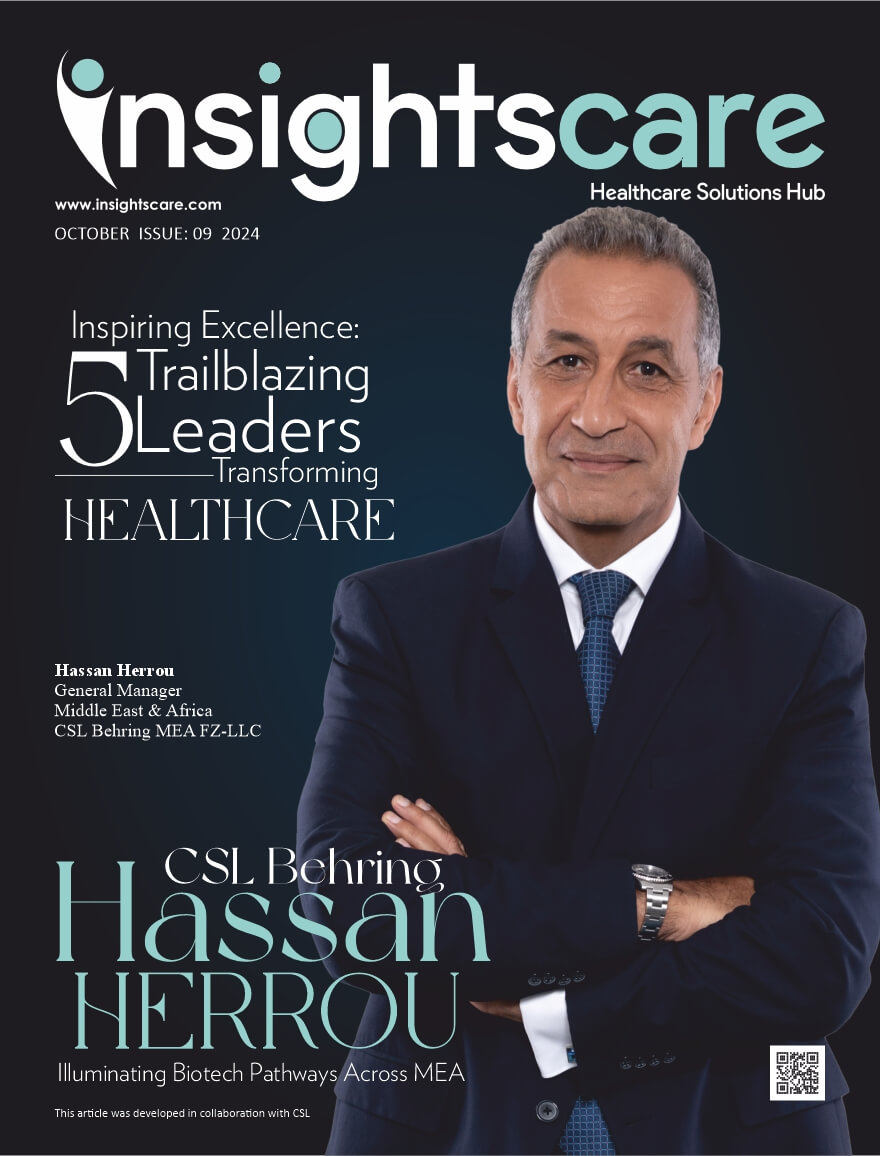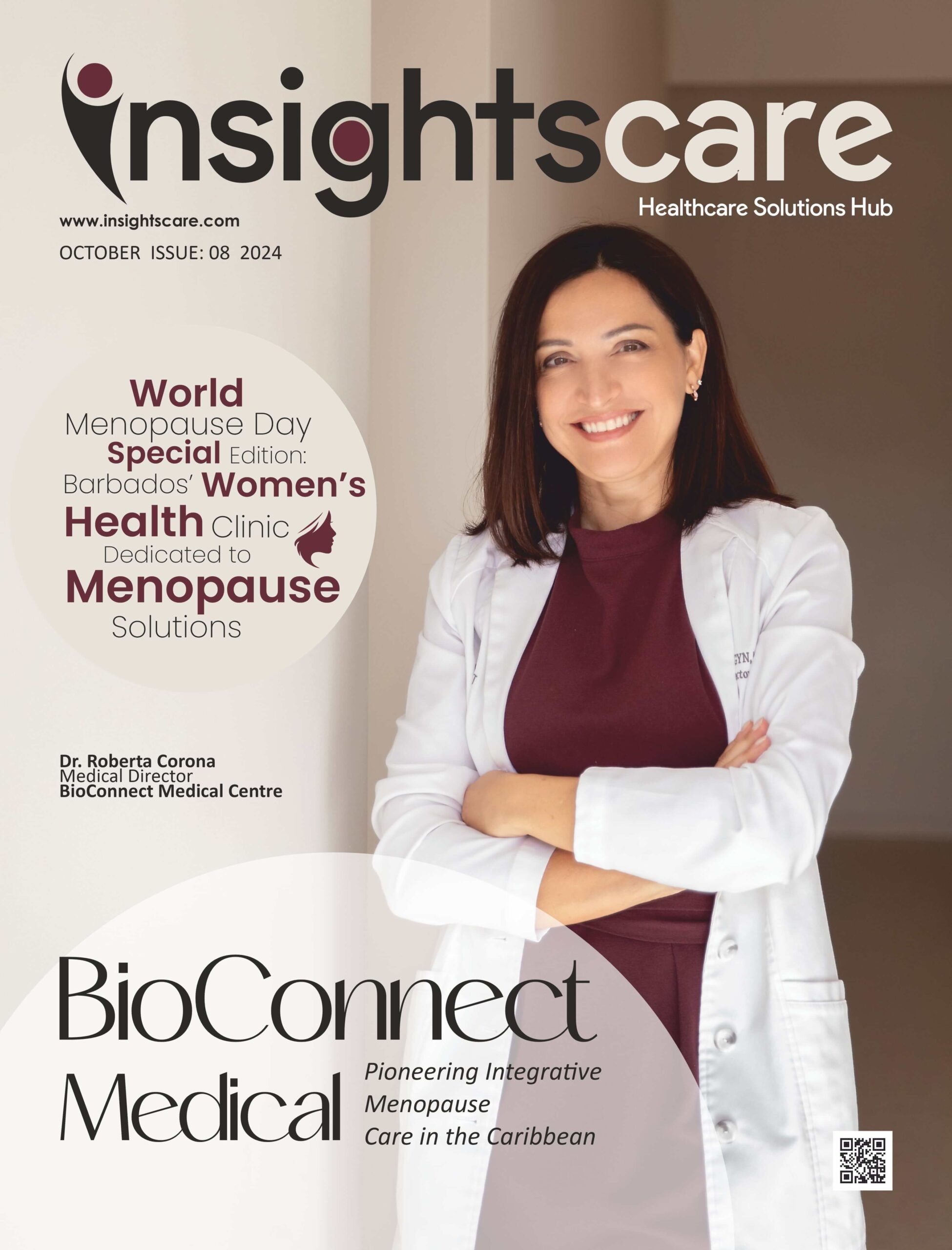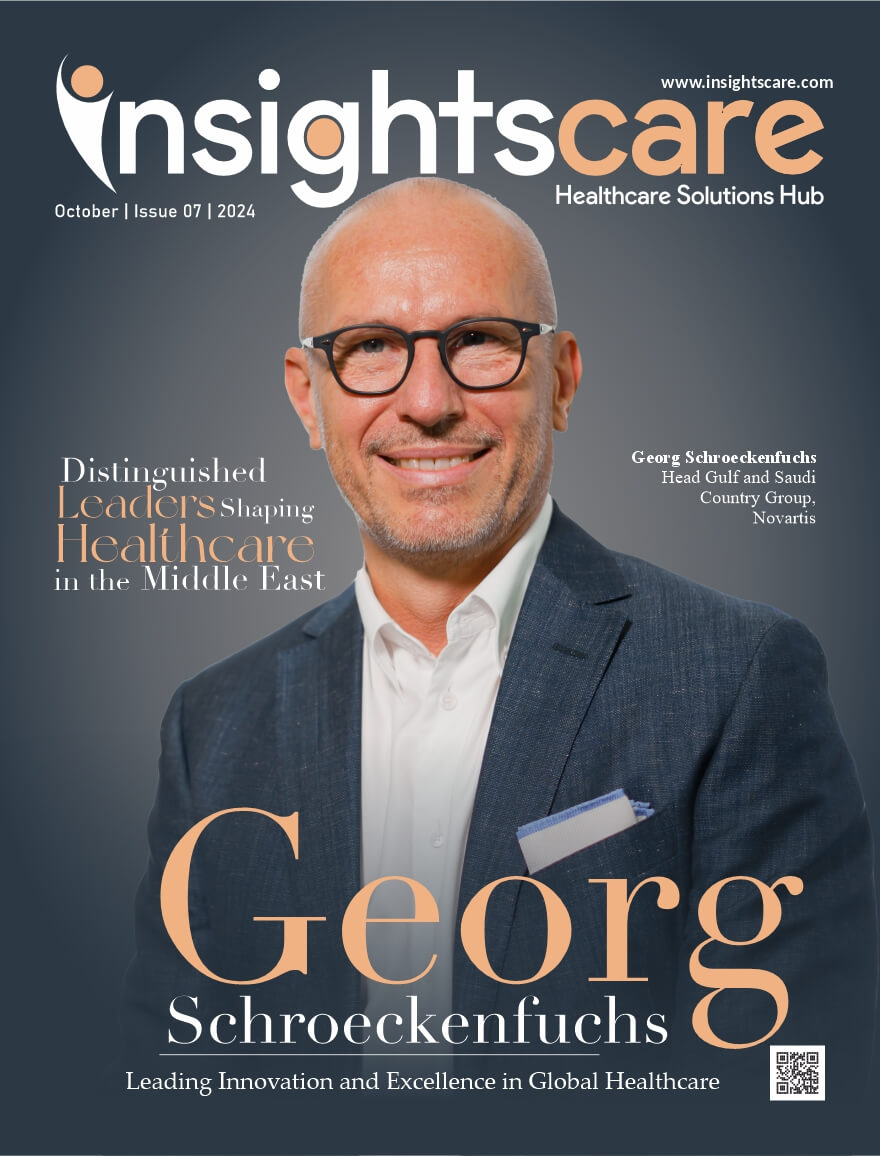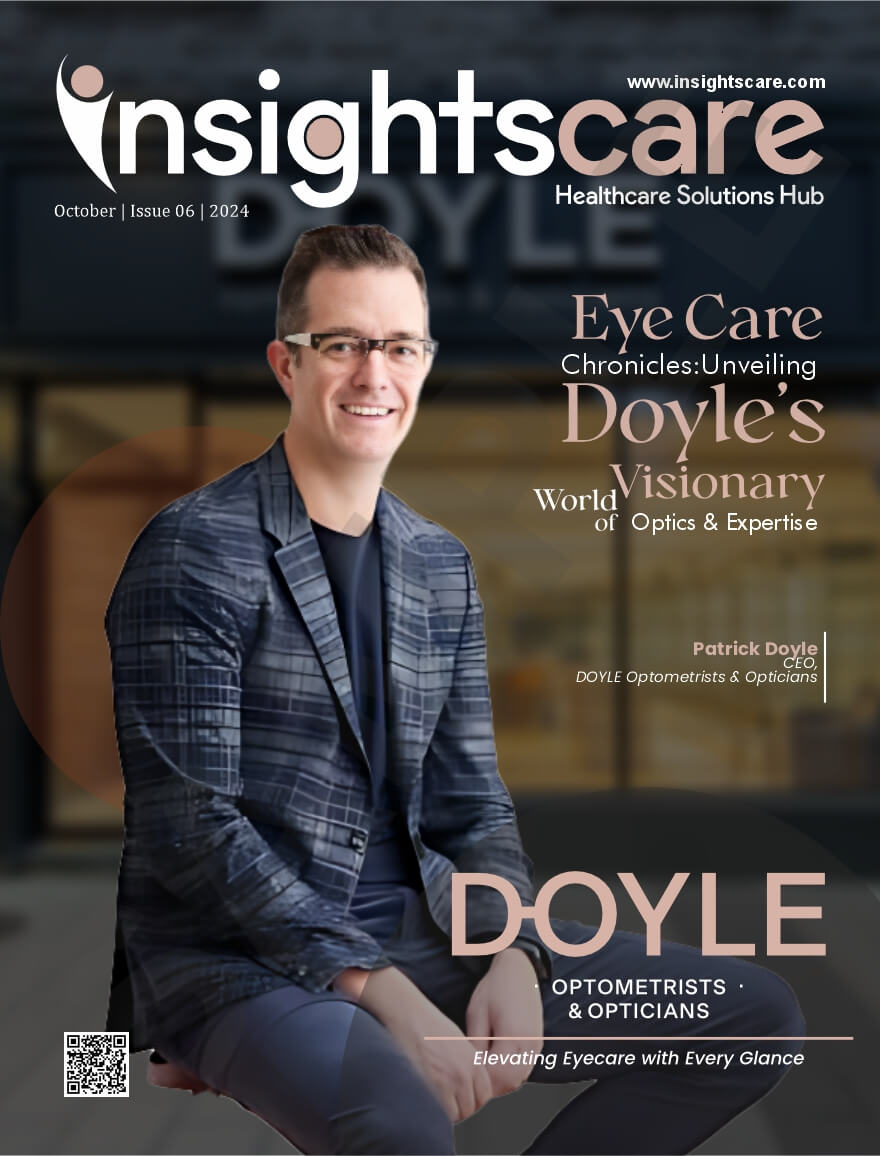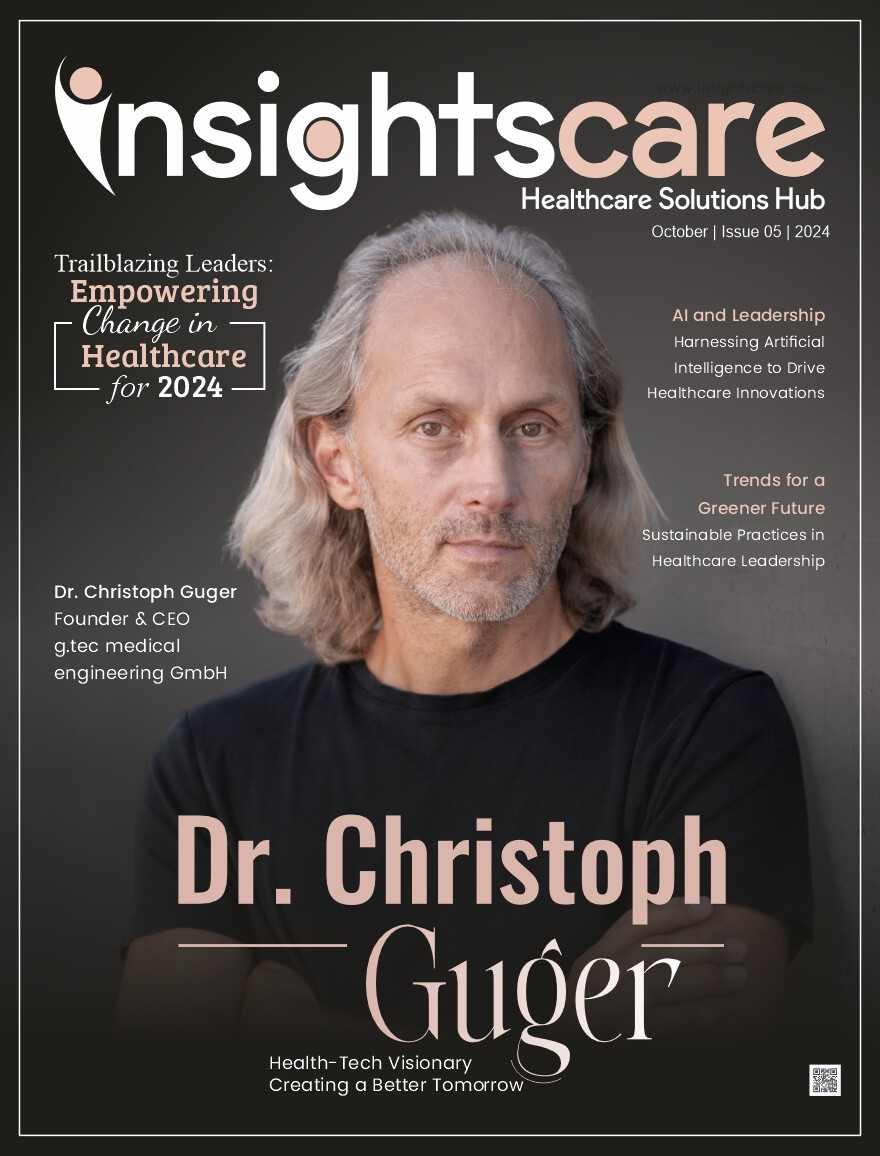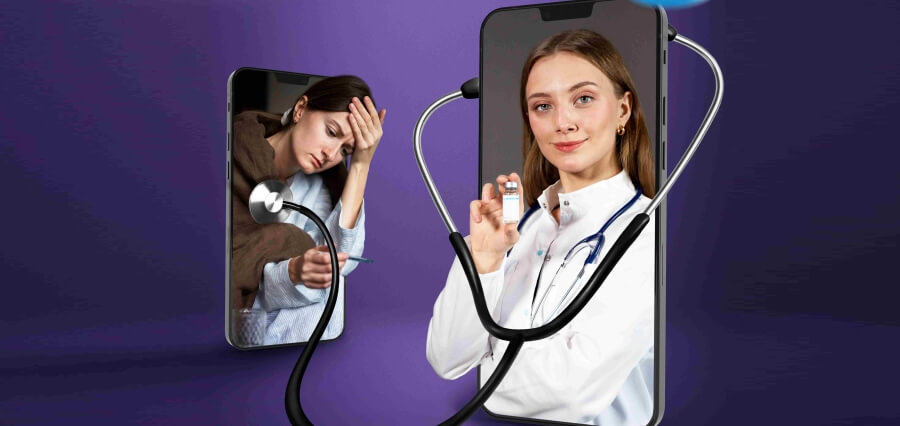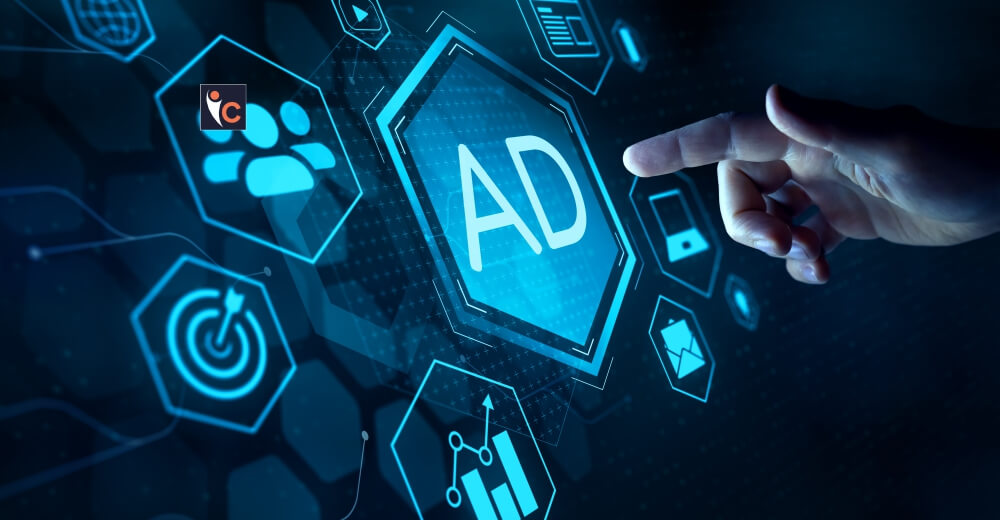In recent years, the healthcare sector has undergone a profound transformation courtesy of the integration of Artificial Intelligence (AI). Despite the promising advancements, some voices have sounded alarms, labeling AI in healthcare as ‘SCARY.’ However, it’s essential to critically examine whether such concerns are justified. The truth is that AI is revolutionizing healthcare in ways that enhance diagnostics, offer personalized treatment options, and significantly advance medical research.
So, why the ominous label?
Understanding AI’s Role in Healthcare
Before we delve deeper, let’s address a fundamental question: What does AI really do?
At its core, AI strives to provide software that can reason from input and explain its output—a fundamental goal shared with education in various specialized niches, including healthcare.
Imagine this: in the field of healthcare, there’s a dedicated doctor for the eyes, and there’s a specialized nurse with expertise in the same domain. Both work diligently, analyzing inputs (symptoms, test results) to arrive at accurate diagnoses and providing comprehensive explanations for their findings -outputs.
Now, consider AI. It aspires to assume these roles of ‘reasoning on input and explaining on output,’ but with a significant twist—it does so at a pace that surpasses human capabilities and with an impressive level of accuracy. AI promises to introduce human-like interactions with software, offering decision support for specific tasks. However, it’s crucial to emphasize that AI is not a replacement for human healthcare professionals, nor is it poised to become one anytime soon!
Unleashing Efficiency in Healthcare Diagnoses
Is it logical to fear AI when it holds the potential to dramatically improve healthcare efficiency? According to Harvard’s School of Public Health, early AI adoption in medical diagnoses could reduce treatment costs by up to 50% and enhance health outcomes by 40%. AI is proving to be an invaluable tool for medical professionals, aiding in precise diagnoses, uncovering hidden patterns in medical imaging, and predicting patient responses to therapies. This, in turn, leads to improved treatment plans, reduced clinical errors, and higher diagnostic accuracy.
AI’s applications in healthcare extend far and wide, from diagnosing patients to end-to-end drug discovery and development. It
- enhances communication between physicians and patients,
- streamlines tasks such as transcribing medical documents, and
- even enables remote patient care.
Early Disease Detection and Diagnosis: A Blessing or a Curse?
One of the most promising applications of AI in healthcare is early disease detection and diagnosis. Machine learning models can monitor patient symptoms and alert medical professionals to increased risks. AI can collect data from various medical devices, detecting even the most complex conditions. This rapid analysis of health data allows for precise diagnoses and timely interventions.
Predictive models driven by AI identify patterns and trends, contributing to disease prevention and personalized treatment plans. However, ensuring the privacy and security of sensitive medical data remains paramount. The fear of misuse of personal health information is a valid concern, but it’s essential to weigh it against the potential benefits.
AI Algorithms: A Helping Hand in Healthcare
AI algorithms excel at analyzing vast amounts of medical data, including patient symptoms, medical history, and test results. This capability enables healthcare providers to make faster and more accurate diagnoses. Prompt and effective treatment becomes possible, reducing the risk of complications and ultimately improving patient outcomes.
A Multifaceted Approach to Healthcare
Is AI genuinely scary when it encompasses various facets of healthcare? Far from it. AI discovers novel links between genetic codes, empowers surgery-assisting robots, automates administrative tasks, and tailors treatment options for individual patients. This transformative technology is reshaping how we diagnose, treat, and monitor patients.
AI-Assisted Pathology Tools: The Guardian Angels of Diagnosis
AI-assisted pathology tools are becoming indispensable in diagnosing diseases. They have proven effective in detecting conditions like breast cancer, hepatitis B, gastric cancer, and colorectal cancer. AI also excels in predicting genetic mutations and forecasting disease outcomes, providing healthcare professionals with invaluable insights.
Conclusion: Rethinking the Fear
The fear of AI in healthcare should be reevaluated! Says Chidiebere Moses. While valid concerns exist, the potential of AI to enhance the accuracy of diagnoses, streamline medical treatments and harness rich medical research reports is undeniable. As we move forward, we must address privacy and security issues responsibly. AI is a powerful ally in the pursuit of better healthcare, and it’s time to acknowledge its potential to save lives and transform the healthcare industry.
The emergence of AI in healthcare is a groundbreaking development that promises to revolutionize patient care and improve outcomes. It’s high time we embrace the potential of AI as a logical and fact-based tool that can genuinely benefit us all.
Read More Blogs: Click Here

